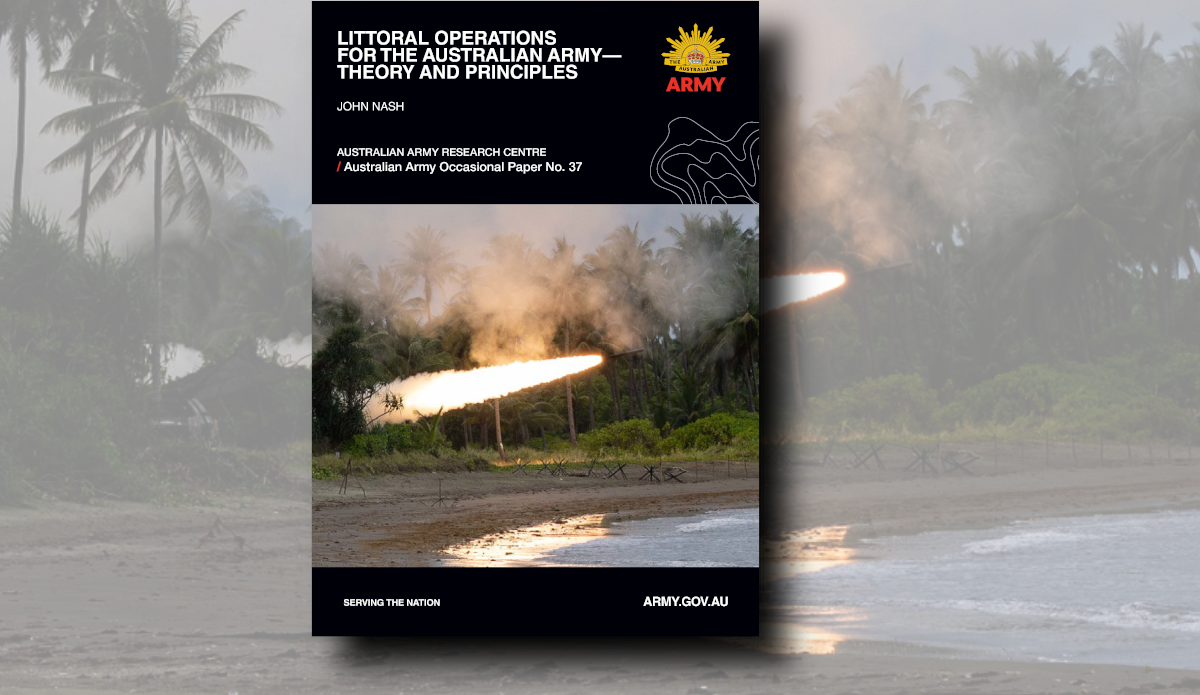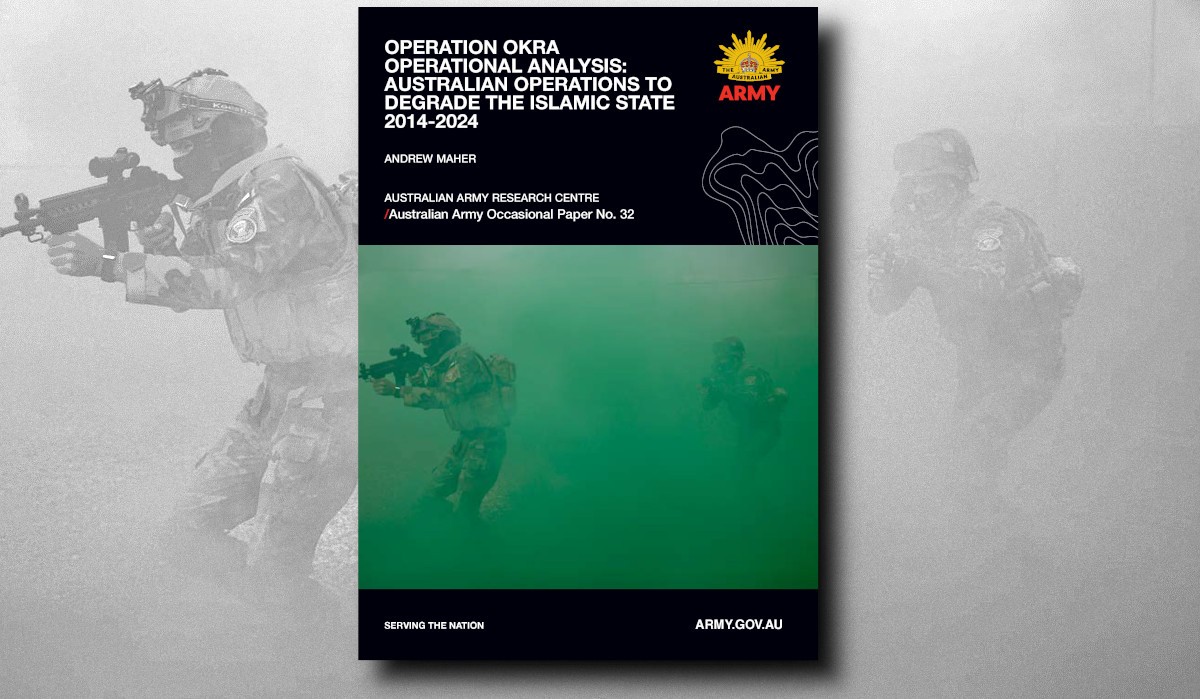To develop commanders that are more intuitive requires training against a demanding (near-peer) adversary and the time to allow a degree of free-play rather than just the time to tick off the mission-essential task list. This is challenging to achieve in training given resource constraints and the need for safety. We rarely re-run a training serial.
Responding to Major Purdy's 'Down and Dirty Downtown: Future Land Combat 2025' in October last year, I highlighted that while technology and numerical superiority were important to achieving an advantage on the battlefield, an advantage in training and decision superiority were more relevant to the Australian Army. I argued that our advantage should come from the ability to make decisions that are superior to our adversary’s decisions.
I read Lieutenant Colonel Bosio's article 'Want the edge? More "ME" in the "PME"' with interest as it focused on enhancing cognition through the development of knowledge, judgement and decision-making. Having an advantage in decision-making depends on the ability to make faster and better decisions by enhancing mental models. However, rather than focusing on this aspect of cognition, he argues for an enhancement in military education. His suggestion was to ensure that captains complete a Master of Arts in Military History over 6 years. I absolutely agree with this initiative. As General Mattis stated, 'ultimately, a real understanding of history means that we face NOTHING new under the sun'. Great military commanders are all well read.
However, is making better decisions and crucially faster decisions dependent solely on education? For the strategic or operational commanders most definitely, but this type of decision-making does not need to be fast. Only a tactical commander engaging in adversarial combat needs to make decisions quicker than the opponent does. Major Croaker’s response also argued that education alone is not the answer. Tactical commanders need an instinct for war – battlefield intuition.
In my earlier response, I highlighted that the second element in enhancing decision superiority is to understand what information makes a commander 'situationally aware'. Experienced and intuitive commanders can recognise the type of problem they are facing and match it to a solution that will produce a satisfactory outcome. Only through training against a demanding adversary will we build intuitive commanders who are able to judge what information they require to achieve decision superiority.
There is a uniquely German term that combines these concepts: Fingerspitzengefühl or 'finger tips feeling'. Someone possessing the quality of Fingerspitzengefuhl at the command level has an intuitive feel for the progress of the battle allowing them to exploit opportunities when they arise. It comes from years of practice at ever-increasing levels of complexity. Lieutenant Colonel Bosio's suggestion is that the development of cognition must occur in our own time. How does a modern military officer gain the years of practice that are required to develop Fingerspitzengefuhl? At present, there is no means for education in real-time decision-making in our own time.
One suggestion is for the Army to research commercial computer simulation and choose a game for those in the Australian Army who want to compete in an adversarial environment and enhance their decision-making. The computer simulation 'Afrika Korps' was licensed by the Australian Department of Defence in 2004 to aid officers in historical education to simulate and re-play historical tactical engagements in Greece, Crete and North Africa from 1940 to 1943. However, at the time this initiative did not take off.
To achieve the same outcome, a recent recommendation from a colleague was, 'Wargame Air-Land Battle' at http://www.wargame-rd.com/en/game-ab.html. It is a battle group to battle group encounter battle over the territory that the Third World War could have been fought out over. To begin with, others more familiar with the fast-pace of the game and with battle groups that shielded weakness and optimised strength consistently beat me. However, my Fingerspitzengefühl has developed. I am now much better at using aggressive reconnaissance to collect relevant information and then making faster and better decisions, against a range of adversaries from around the world.
I have made this recommendation with a degree of trepidation. Playing computer games is not traditionally the pursuit of officers in polite company. However, if the organisation chooses the right platform, it might provide the means to allow junior leaders to develop battlefield intuition and enhance their decision making in the future.



